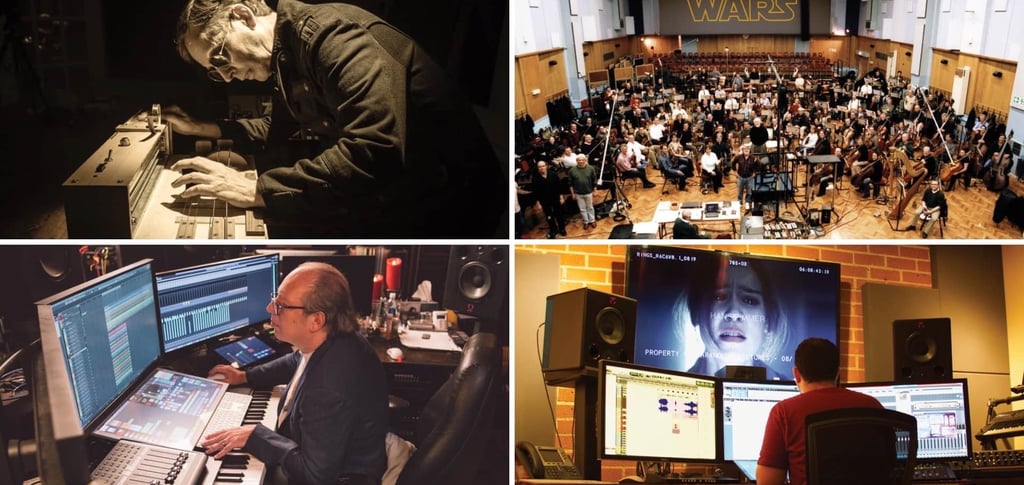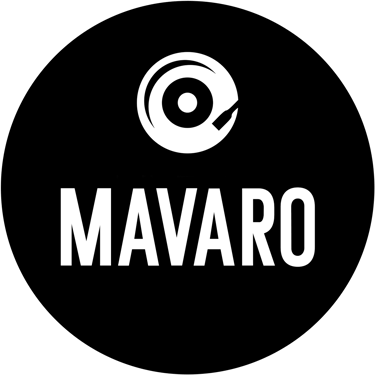How to Choose a Composer for Your Independent Film
Looking for the right composer for your independent film? Here’s how to choose someone who fits your story, your style, and your budget.


When you’re making an independent film, every decision matters. Tight budgets, short timelines, endless details to coordinate. Music is often left for last—or temporarily replaced with library tracks “just for now.” But finding the right composer at the right time can dramatically elevate your film—and save you stress (and money) down the line.
1. Start Earlier Than You Think
One of the most common mistakes is waiting until picture lock to start looking for a composer. Sure, that’s the ideal moment to begin final scoring—but it’s not the best time to begin the conversation.
Ideally, you should start talking to a composer once your screenplay is solid (even if it’s not the final version). They can help you explore musical ideas that support the story—and may offer creative insights you hadn’t considered.
Also, connecting early gives the composer a chance to reserve a slot in their schedule, rather than trying to squeeze everything in last minute.
👉 See also:
When Should You Hire a Composer for Your Film?
How Long Does It Take to Score a Film?
2. Look for Stylistic and Human Compatibility
Every composer has a sonic world of their own. Some are a great fit for psychological thrillers, others for intimate dramas or light comedies. The first step is to listen to their portfolio and see if the aesthetic resonates.
But don’t stop there: a video call or quick conversation can tell you a lot more. Scoring often happens under pressure and in tight timeframes. You want someone you can communicate with clearly and calmly—someone who understands your vision, even when it’s not crystal clear.
Reliability is also key: a good film composer knows how to deliver on deadline and work within a production pipeline. Bonus points if they’re experienced with your film’s genre—they’ll have a sharper sense of what’s technically and musically needed.
👉 See also:
How and Where to Find a Composer for Your Indie Film
3. You Don’t Need to Speak “Music”
Many new directors worry they don’t know how to explain what they want. But you don’t need to speak music theory or orchestration. What matters is clarity of emotion and storytelling.
A skilled composer can translate something like “I want it to feel fragile, but with an underlying tension” into music.
Visual or sonic references help, of course—but the real key is finding a composer who’s used to working with non-technical filmmakers, and being confident enough to describe mood and intention your own way.
👉 See also:
How to Give the Composer Directions for Your Original Film Score
What Makes a Great Film Score?
4. Be Clear About the Budget—Early On
Let’s be honest: indie budgets are usually tight. That’s not a problem—as long as there’s transparency. Talking about budget early prevents misunderstandings and helps the composer make the most of what’s available.
There’s no one-size-fits-all price for a score. It depends on the film’s length, musical complexity, instrumentation, number of revisions, whether live instruments are involved (how many, recorded where, etc.), the composer’s experience… and many other factors.
If you already know your budget for music, be upfront about it. If not, ask the composer for a quote or ballpark range based on your project. Creative solutions exist—virtual instruments, fewer cues, simplified melodic writing.
👉 See also:
How Much Does an Original Score for a Short Film Cost in 2025?
5. Trust the Composer—but Stay Involved
Once you’ve chosen your composer, the key is finding the right balance between trust and involvement. Give them room to create—but stay in the loop. Listen to early sketches, share your feedback, and help steer the process.
When giving feedback, be specific. Don’t worry about sounding “too direct”—a professional composer knows that the goal is to improve the final product. And sometimes, even a small change (a chord, a sound, a different tone) can shift the emotional tone completely. Our job as composers is to understand that too.
Always try to describe what you’re aiming for in narrative or emotional terms.
In Summary
Choosing a composer for your independent film doesn’t have to be a leap into the unknown. All it takes is:
• starting the conversation early
• choosing based on both sound and personal fit
• being clear about expectations and budget
• and building a solid, collaborative relationship.
Do that, and not only will you avoid last-minute panic—you might just find a long-term artistic partner.
🎵 Want to talk?
If you’re working on a project and want to know whether I might be the right composer for you, feel free to get in touch. Even just to talk about the tone of your story or explore what’s possible.
✉️ Contact me
Marco Valerio Romano
⸻
You might also like:
Can You Use That Music in Your Film? (Even If It’s Just a Cover or You Edited It)
How to Export Files for the Composer and Audio Post-Production

